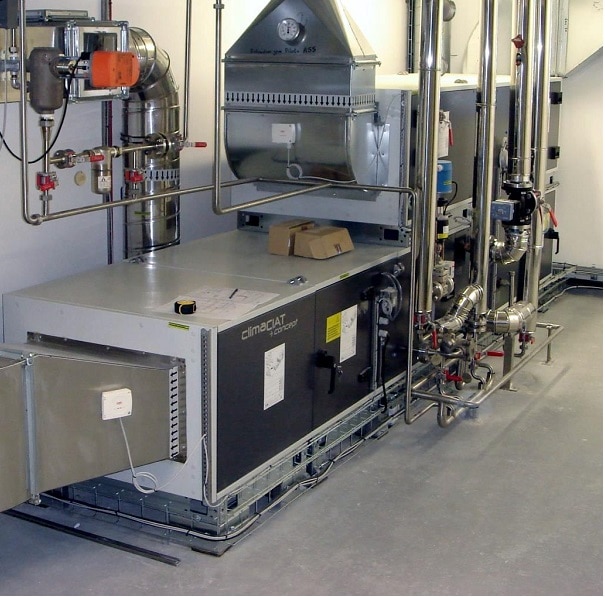Regulating HVAC systems training courses
Syllabus
Regulating HVAC Systems trainings delves into critical topics including ambient thermostats, individual and collective system regulation, air handling units, and electric motor controls. Gain in-depth knowledge of HVAC control mechanisms and enhance your skills in these essential areas.
HVAC Technicians or Installers, Students
This training equips HVAC Technicians or Installers and Students with skills in system regulation, thermostat control, collective system regulation, AHU management, electrical controls, troubleshooting, energy efficiency, system protection, control strategies, and safety practices, enhancing their expertise in HVAC systems.
Pre-requisites
For your own curiosity, you can also familiarize yourself with the subject of HVAC Air Handling and Volume and mass flow rates. But topics are not mandatory for your understanding of Regulating HVAC systems lessons.



